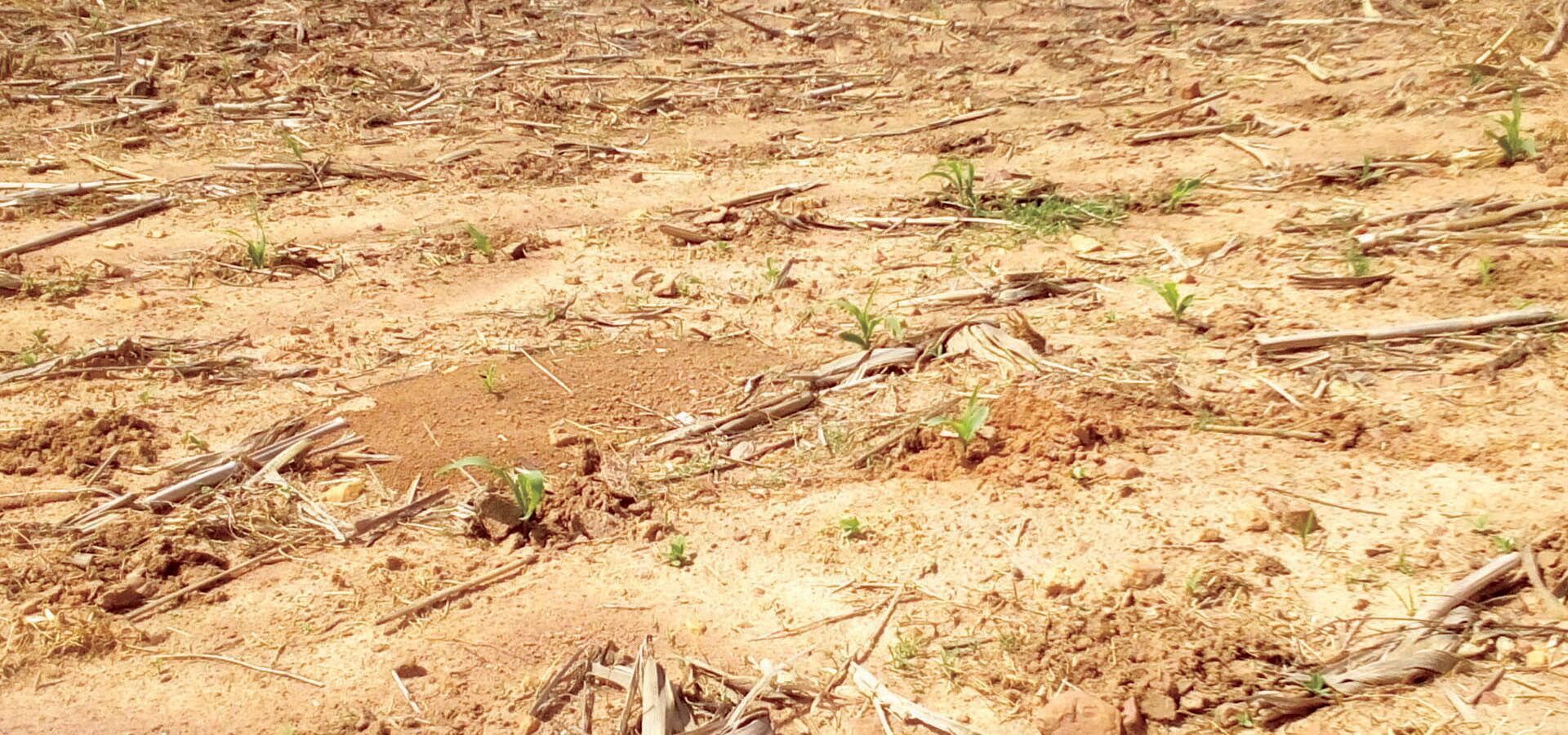Africa-Press – Malawi. The Episcopal Conference of Malawi (ECM) has faulted the government for what it calls poor response to recent disasters.
It says dillydallying has culminated in food insecurity, in the process affecting over four million people.
In a statement, which has jointly been released with Catholic Development Commission (Cadecom), the two bodies ask for an urgent response to problems besetting the country.
They observe that while the Department of Climate Change and Meteorological Services had forecast the occurrence of the El Niño weather phenomenon before the rainy season, government officials proceeded to distribute maize seed and fertiliser for maize production instead of providing seeds for drought-tolerant crops such as sorghum, millet, cowpeas and sweet potatoes.
“The Government of Malawi’s policies in response to the disasters continue to be disjointed. These kinds of mismatched decisions exacerbate the situation and have contributed to the current food crisis in the country,” the statement reads.
It further highlights that the agriculture sector was significantly affected, with vast areas of maize, rice, cassava, and other crops destroyed, leading to great desperation and hunger among many farming households.
“The gravity of this crisis cannot be overstated.
“Additionally, a significant number of people, including children and the elderly, continue to experience acute food insecurity, jeopardising their immediate well-being and long-term health and development,” the statement reads.
ECM urges the government to make prompt and coherent decisions regarding food, which is a basic human right.
It also calls for investments in resilient and sustainable agricultural practices and improved water management systems, including irrigation for both smallholder and commercial farmers.
The Malawi Vulnerability Assessment Committee report of 2024 indicates that, following El Niño weather, approximately 4.2 million Malawians face acute food insecurity, meaning they are unable to meet their basic food requirements or are forced to sell essential resources to cope with the situation.
Recently, Agriculture Minister Sam Kawale disclosed in Parliament that the country needed $86 million (K150 billion) to procure maize for distribution to households affected by recent natural disasters.
For More News And Analysis About Malawi Follow Africa-Press






